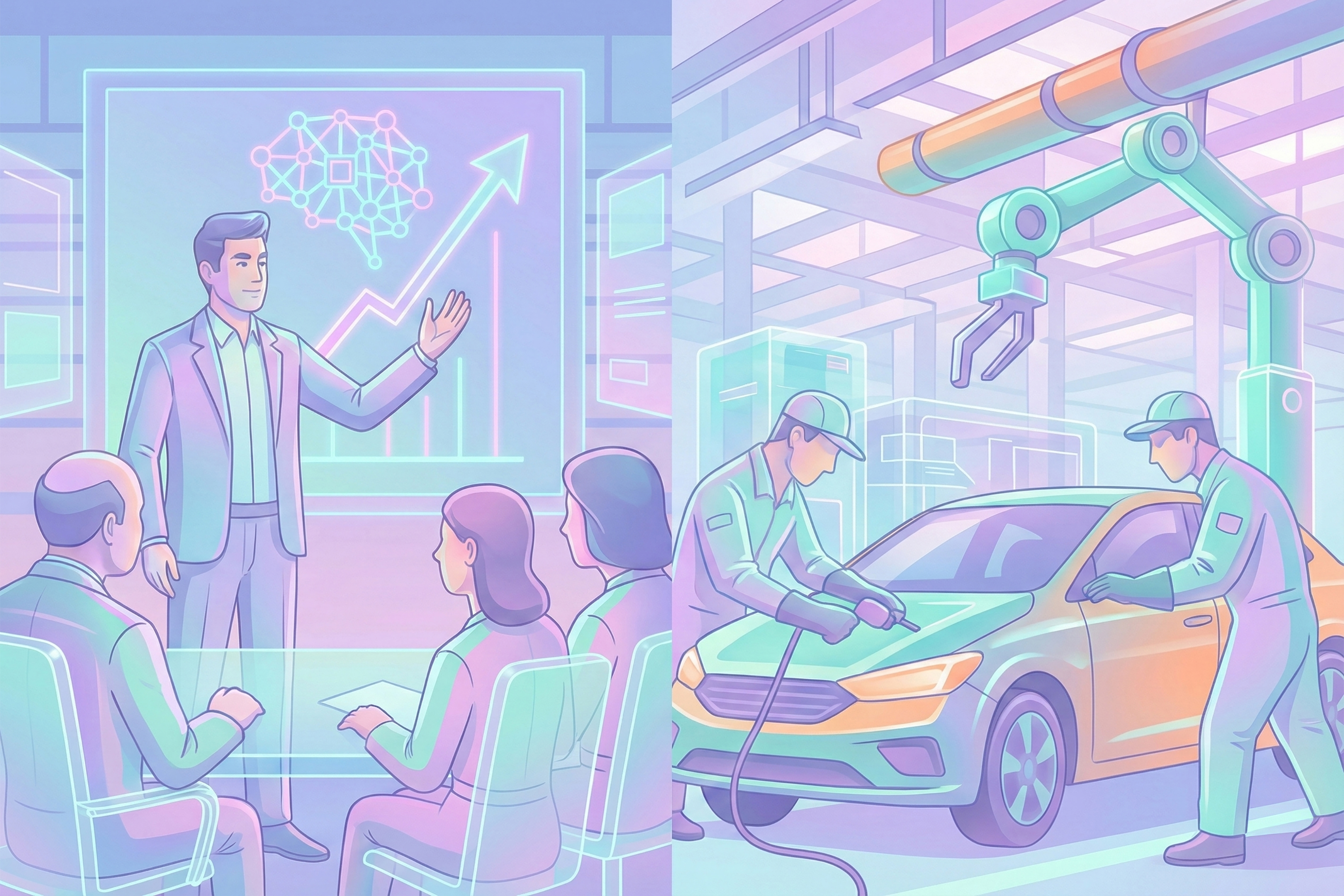
To fight the spread of the coronavirus, many countries introduced measures such as working from home and home-schooling, social-distancing or even strict quarantining. However, these measures, as simple as they seem, are not feasible for all. While many white-collar workers can indeed work from home, people with jobs that cannot be done remotely (taxi drivers, cleaners) have no choice but to keep working, and thus to keep exposing themselves to the virus. Their type of employment literally puts their health at risk. Moreover, these often low-paid and flexible jobs are more vulnerable to be laid off (for instance in retail and hospitality services) in the corona crisis. Also, parents can only teach their kids when they have the ability to stay at home and well-educated parents have better resources to offer their kids high quality learning. This divide creates a deeper rift between kids of different social classes. Furthermore, low-income households are often cramped in smaller housing, limiting possibilities for social-distancing. In short, in developed countries, one’s socio-economic status defines the chance to effectively protect oneself from the virus and to deal with its consequences in everyday life. (Let alone how it affects the less well-off in developing countries, where even water and soap for handwashing are not a given, considering that just 25% of the world population already does not have access to adequate sanitation.)
At the same time, inequality may be a multiplier for the coronavirus’s spread. As research on influenza has found that in an epidemic, poverty and inequality can exacerbate rates of transmission and mortality for everyone. As soon as this crisis has raised awareness that inequality is not only posing a health threat to the vulnerable, but it is also creating risks for societies at large, which might give momentum to policies aiming at reducing social vulnerabilities, reducing inequality, welfare policies or at least to healthcare-as-a-public-good initiatives. It might spark more foreign aid and support initiatives from developed to less developed countries.
The coronavirus reveals that high trust in Asian countries leads to strategy that is more effective. Interestingly, one consequence of high trust in government is a different role of technology. To battle the coronavirus, the most interesting innovation has emerged from countries such as China (automatic temperature detection, Alipay Health Code) and South Korea (drive-through testing pods, self-monitoring apps). As technology is rooted in cosmotechnics, the current crisis forces us to look beyond the coronavirus to imagine a different technological future in Asia. We can expect Asian tech companies to benefit, as Asian governments and citizens are more willing to experiment with innovative technological solutions to the coronavirus.
